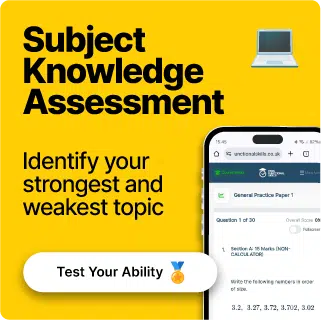SLC: Communicating
Communicating
It is important to communicate effectively when in a conversation.
This will ensure the message you are trying to convey will be successful.
Make sure you are happy with the following topics before continuing:


Speaking Clearly
Make sure your points are understood by speaking clearly using complete sentences.
However, don’t speak too quickly, quietly, or loudly as this could affect the flow of effective communication.
Using the correct vocabulary and tone is also crucial as it shows you understand the register of the conversation.
Communicating: Presenting
Try to have a structure in mind when communicating.
This will help the listener to:
- Follow the information more easily
- Ask detailed questions from what you have said
Small notes are useful when presenting, but DO NOT read off a script.
This is important!
Reading off a script will show your examiner that you are not communicating effectively, which will lose you marks.
It will also make it difficult for your audience to feel engaged or involved, and they will struggle to remain interested.
Follow Our Socials
Our Facebook page can put you in touch with other students of your course for revision and community support. Alternatively, you can find us on Instagram or TikTok where we're always sharing revision tips for all our courses.
Communicating: Discussion
There are certain conditions for a discussion to be successful.
- Turn-taking = Make sure that you allow others to speak when you have finished
- Politeness = Always be respectful of others when conversing
- Eye contact = Maintain eye contact to remain engaged and interested
Make sure you express your ideas with the group clearly – avoid taking a long time to make your point!
If you speak for 5 minutes straight with long-winded ideas, this will not move the discussion forward and lose you marks!
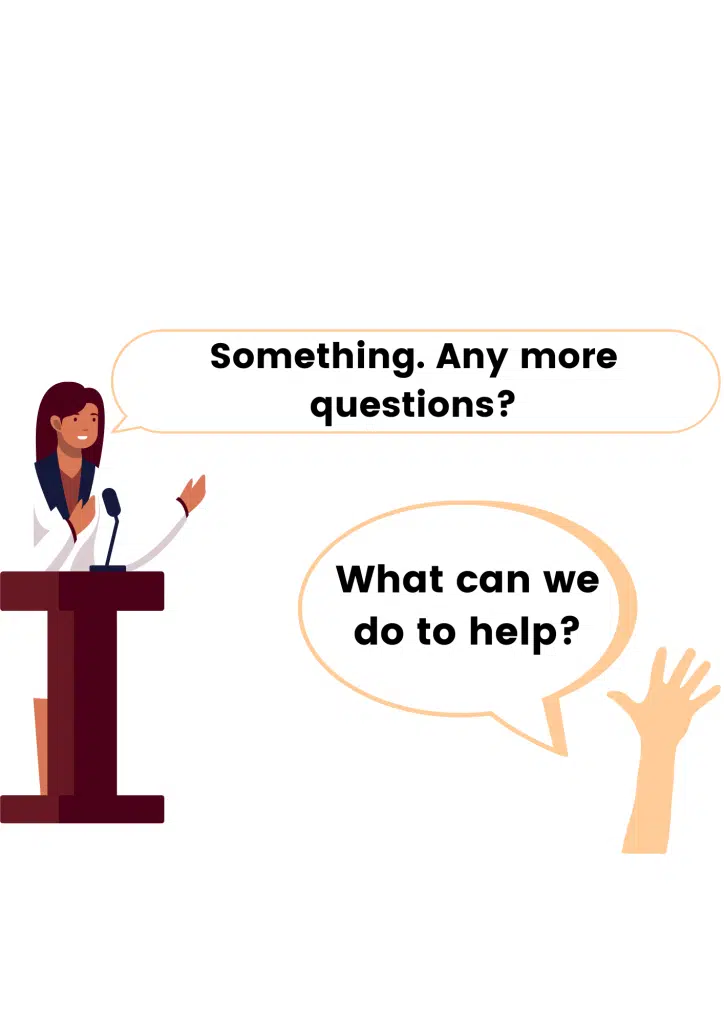

Talk in Detail
Now that ways of effective communication have been established, it is time for more detail.
It is important to elaborate on your points in order to back them up even more and provide further evidence.
However, remember to keep it relevant!
For example, you wouldn’t give one word answers in a job interview! Instead, you should provide as much detail as possible.
Specification Points Covered
EL3.3 – Communicate information and opinions clearly on a range of topics
L2.3 – Respond effectively to detailed or extended questions and feedback
L2.4 – Make requests and ask detailed and pertinent questions to obtain specific information in a range of contexts
L2.5 – Communicate information, ideas and opinions clearly and effectively, providing further detail and development if required
L2.6 – Express opinions and arguments and support them with relevant and persuasive evidence
L2.7 – Use language that is effective, accurate and appropriate to context and situation
L2.8 – Make relevant and constructive contributions to move discussion forward
L2.9 – Adapt contributions to discussions to suit audience, purpose and medium
L2.10 – Interject and redirect discussion using appropriate language and register
Revision Products
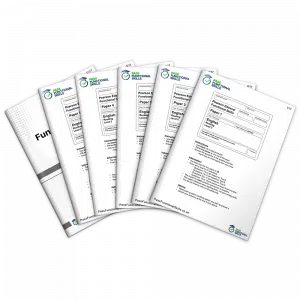
Functional Skills English Level 2 Practice Papers
This comprehensive set of 10 Functional Skills English Level 2 Practice Papers (5 reading papers + 5 writing) is a great way to revise for your upcoming reading and writing exams. These papers have been specifically tailored to match the structure, format and question types used by each of the main exam boards for functional skills English.
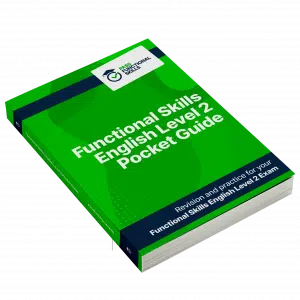
Functional Skills English Level 2 Book
Revise and practice for your functional skills English level 2 exam. All topics covered in this compact functional skills English level 2 book.
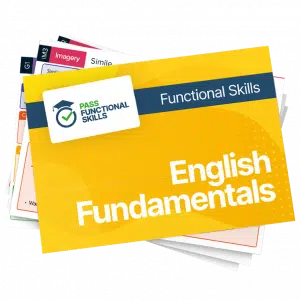
Functional Skills English Level 2 Revision Cards
Revise for functional skills English level 2, with these English level 2 fundamentals revision cards. Covering the building blocks of the essential areas of the level 2 exam.







